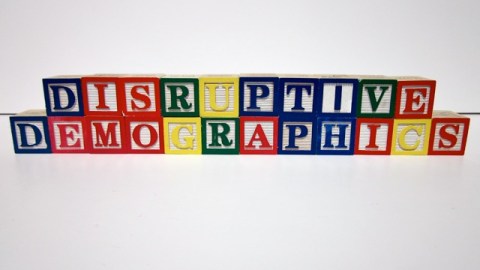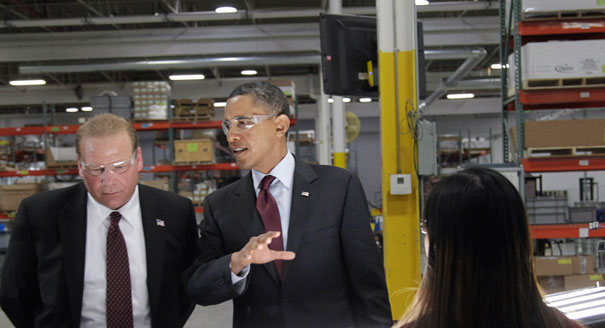Harry Potter’s Generation

The release of the eighth film in a series of books and movies marks the end of the epic Harry Potter story. The series has received deserved accolades and is considered the story of a generation that grew up with Harry.
Generational cohort theory argues that events, social change and even pop culture affects the values, beliefs, attitudes and ultimately behavior of individuals. According to this perspective a generation is less about the age of a group but more about their shared experience in their youth.
It is rare that a film, song, television series or event is recognized at the time it is popular to have ‘shaped’ or ‘reflect’ a generation. The Harry Potter franchise may be among the few to achieve this in real-time and not in the reflections of popular culture historians. The Beatles, Doors, Dylan, Hendrix and others were popular in their time but only later were described as anthems of a generation. A few days of rock & roll in the mud of upstate New York gave rise to what would be dubbed the ‘Woodstock generation’. And, there are the events – the Cold War, Cuban Missile Crisis, space program, multiple assassinations, Vietnam War, and Watergate all believed to have affected older baby boomer attitudes toward institutions and the political process. For younger baby boomers the end of the Vietnam War, the crumbling of the Soviet Union, Star Trek, and later Star Wars, the Iran Hostage Crisis, the introduction of the PC, the launch of MTV and of course the Internet provided story lines of good and evil as well as evidence about the power of technology to drive continuous change.
How will Harry Potter affect or reflect a generation? In the near term there might be the fleeting impacts on style affecting everything from haircuts, clothes to eyeglasses. But what will Harry’s Generation take away as values and stories that will help them make sense of the world is an important question for politicians, business leaders and social scientists.
As with countless stories before Harry Potter there will continue to be good and evil. There are heroes too. Not the lone heroes of previous generations – John Wayne, Captain Kirk and even the first Harry – Dirty Harry. Potter is determined yet collaborative, cerebral but takes action. Harry Potter has mentors and friends that do more than support him, they are collaborators that are integral to his success. The ‘system’ is not necessarily an enemy, instead there are rules to be learned in order to succeed.
9/11 marked a profound powerlessness for people of all ages, but particularly for young children. The first Harry Potter movie was released in 2001 introducing a young boy thrown into a hostile world beyond his control after seeing his parent’s killed by pure evil. From Merlin to Cinderella, magic has always saved and empowered the young and powerless. It is with some irony that Harry’s Generation, also the tech-savvy Facebook generation, is captivated by magic that is well beyond the rational and engineered world in which they excel.
As with all generations, Harry’s Generation is complex and filled with paradox. Whether Harry’s magic will be more than a fond childhood memory and influence future adult attitudes and values is a sequel that won’t be released (or revealed) for years to come – but will be exciting to watch unfold.





